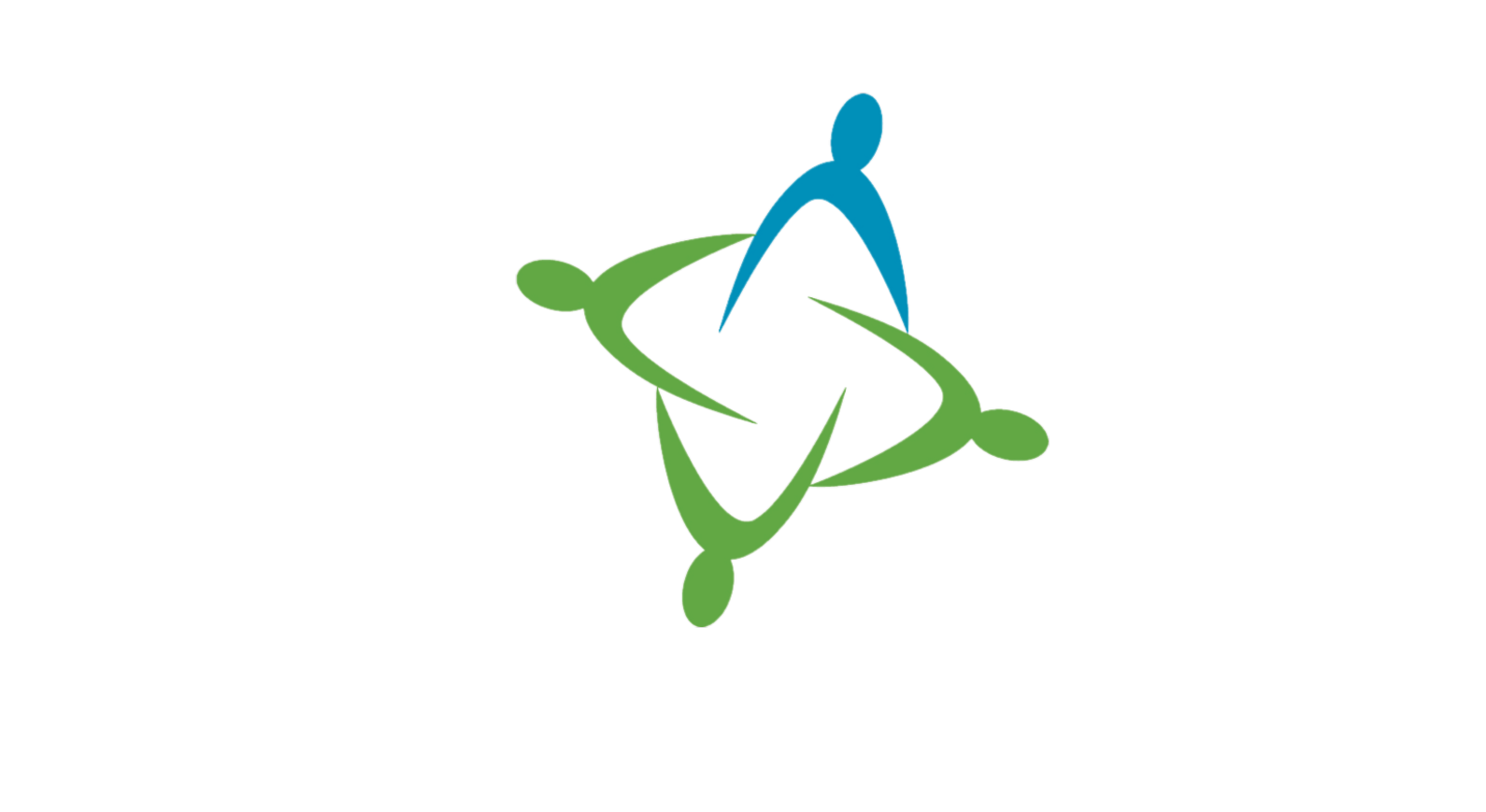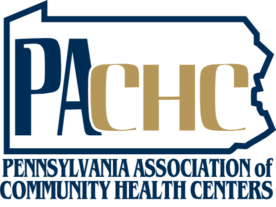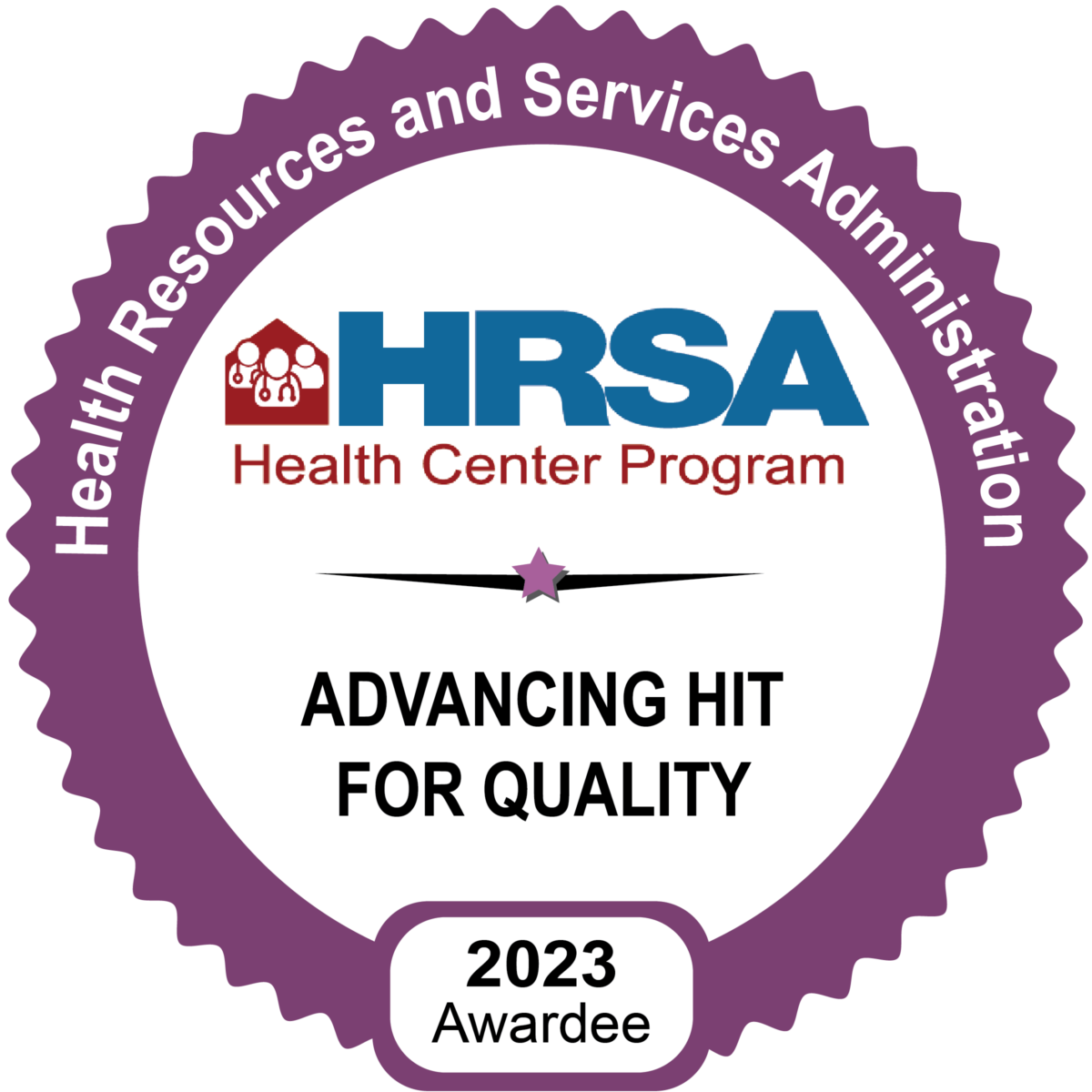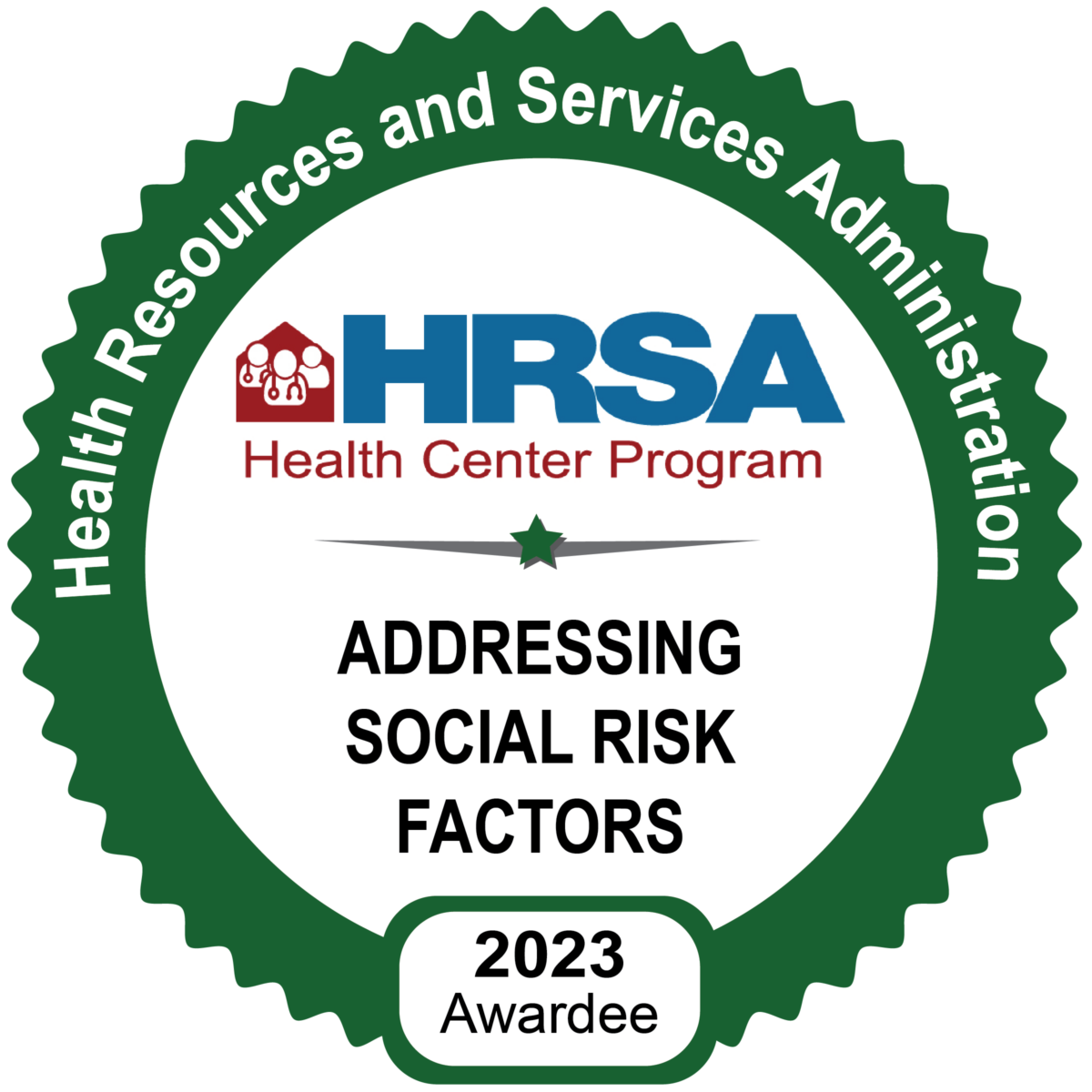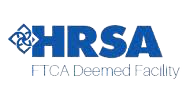Breast Cancer FAQs
 Every October, pink ribbons appear all around us – on social media, in the news, even on food items. Breast Cancer Awareness Month will be on many minds this month, so it’s a great time to answer some common questions about what may put you at risk and what may help protect you:
Every October, pink ribbons appear all around us – on social media, in the news, even on food items. Breast Cancer Awareness Month will be on many minds this month, so it’s a great time to answer some common questions about what may put you at risk and what may help protect you:
Does Smoking Cause Breast Cancer?
Smoking has been shown to increase the risk for many forms of cancer, including breast cancer. Not only that, but secondhand smoke also increases risk. ChesPenn offers smoking cessation support so this is a great time to speak to your provider if you smoke.
One drink per day has been shown to slightly increase the risk of breast cancer. Having more than one drink per day has shown to be a more significant risk factor, and the alcohol content doesn’t matter: wine, beer or a mixed drink. Alcohol also increases estrogen in your bloodstream. One glass of red wine a day may have heart health benefits. Most important – discuss your alcohol consumption with your healthcare provider.
There is an increased risk for women using oral contraceptives for more than 5 years. However, because of the low concentration of hormones in today’s contraceptives the risk is minimal, unless you have a family history of breast cancer. As always, communication with your healthcare provider is key.
Yes. HRT is not recommended for most menopausal women. Your provider can discuss alternative approaches to managing symptoms.
A healthy, low-fat diet (less than 30 grams/day) can help lower the risk of breast cancer. Fat triggers estrogen production, which can raise the risk for breast cancer.
Screening should continue as long as a woman is in good health and is expected to live at least 10 more years.

